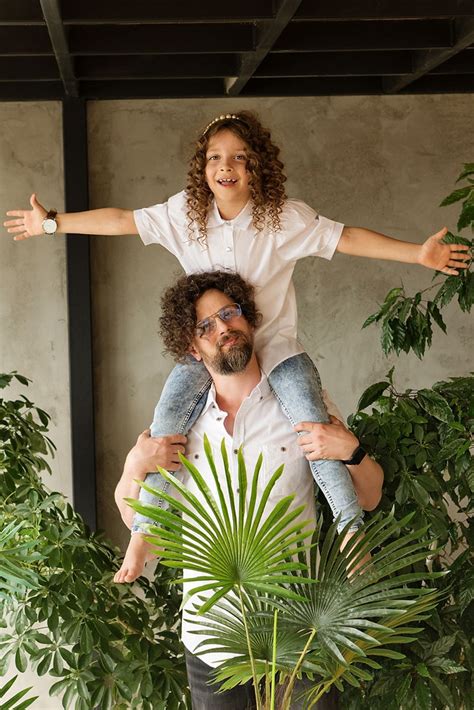Redefining Discipline in Relationships for Men
When the word “discipline” is mentioned in the context of relationships, it can sometimes conjure images of strict rules or a rigid approach. However, for men seeking to build stronger, more fulfilling relationships, discipline takes on a much more profound and positive meaning. It’s not about controlling a partner or enforcing rigid boundaries; rather, it’s about self-discipline – the consistent, intentional application of positive behaviors, emotional regulation, and thoughtful engagement to nurture a bond.
This approach emphasizes personal responsibility and a commitment to growth, which ultimately benefits both individuals and the relationship as a whole. It’s about showing up as your best self, consistently, even when it’s challenging.

Mastering Emotional Regulation and Self-Awareness
One of the most critical areas for men to apply discipline is in their emotional lives. This involves developing self-awareness – understanding one’s own triggers, feelings, and reactions – and then employing strategies to regulate those emotions in healthy ways. Instead of reacting impulsively to frustration or stress, a disciplined man takes a moment to process. This might mean pausing before speaking, taking a deep breath, or even stepping away briefly to cool down before re-engaging.
Emotional discipline also extends to empathy. It’s the conscious effort to understand and validate a partner’s feelings, even if they differ from your own. This requires active listening and setting aside one’s own perspective momentarily to truly hear and acknowledge the other person’s experience.
The Power of Intentional Communication
Effective communication doesn’t just happen; it’s a skill honed through disciplined practice. For men, this means moving beyond passive responses or problem-solving without listening. Intentional communication involves:
- Active Listening: Giving your partner your full attention, asking clarifying questions, and reflecting back what you hear to ensure understanding.
- Thoughtful Expression: Articulating your own needs, feelings, and thoughts clearly and respectfully, using “I” statements rather than accusatory language.
- Constructive Conflict Resolution: Approaching disagreements as opportunities for mutual understanding and finding solutions, rather than as battles to be won. This requires discipline to stay calm, focus on the issue, and avoid personal attacks.

Consistency: The Bedrock of Trust and Connection
Relationships thrive on consistency. It’s the small, everyday acts of kindness, presence, and reliability that build profound trust over time. Discipline in this area means consistently following through on commitments, no matter how minor. It’s about being present when you’re with your partner, putting down the phone, and engaging. It’s remembering important dates, offering support without being asked, and showing up for the relationship day after day.
This isn’t about grand romantic gestures, but the steadfastness in the mundane. A disciplined man understands that a strong relationship is built brick by brick, through continuous, reliable effort. This consistency creates a safe and predictable environment where both partners feel secure and valued.

Cultivating Growth and Mutual Respect
Discipline also encompasses a commitment to personal growth and fostering an environment of mutual respect. This means being disciplined in identifying and working on one’s own shortcomings, and being open to feedback from a partner without becoming defensive. It’s the discipline to regularly assess one’s own contributions to the relationship and make adjustments where needed.
Furthermore, it involves respecting a partner’s autonomy, personal space, and individuality. A disciplined approach recognizes that both individuals in the relationship are evolving, and it supports and celebrates that evolution without trying to control it.

Conclusion: A Lifelong Commitment to Connection
Applying discipline in relationships is not a one-time task but a continuous journey. For men, it’s about choosing intentionality over complacency, self-awareness over reactivity, and consistent effort over sporadic gestures. By embracing this form of self-discipline – in emotional regulation, communication, consistency, and personal growth – men can actively contribute to building relationships that are not just stronger, but also deeply resilient, respectful, and profoundly fulfilling for all involved. It’s an investment in a richer, more connected life.





